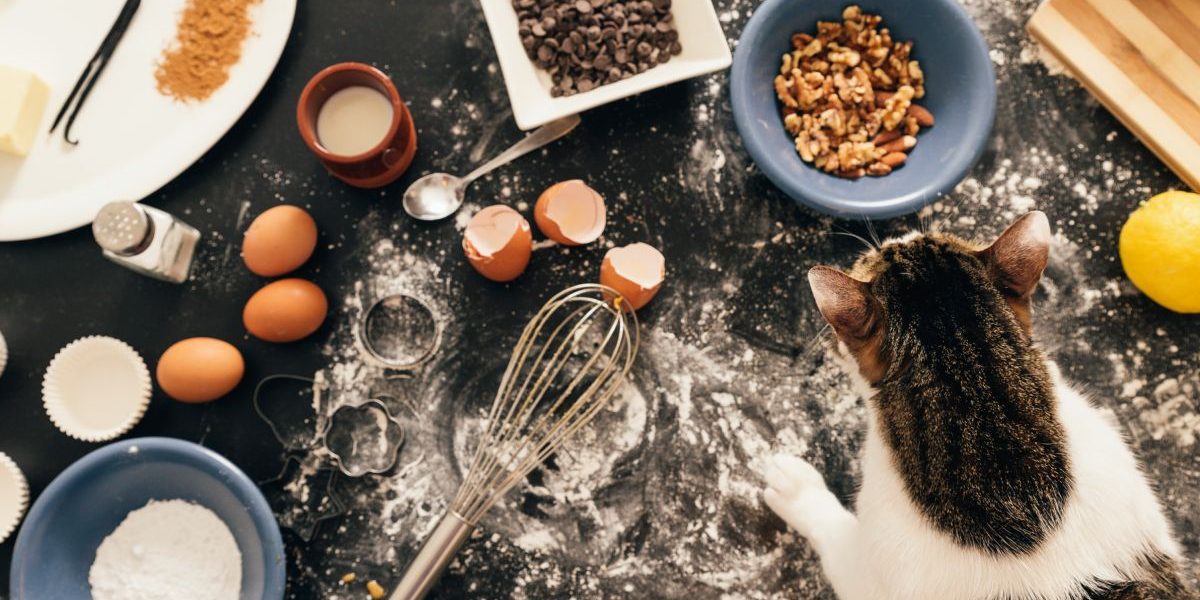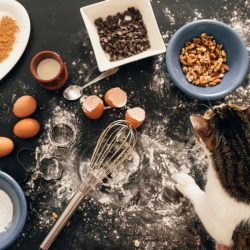Our beloved pets, whether they have whiskers or tails, deserve the best care and attention. Part of this care involves ensuring that their diet is safe and healthy.
While it’s tempting to share our food with our furry friends, not all human foods are suitable for them. In fact, some can be harmful, even toxic. To keep your pets happy and healthy, we have you these 10 foods that are considered a big no-no for dogs and cats.
10 Foods That Are a Big No-No for Dogs and Cats
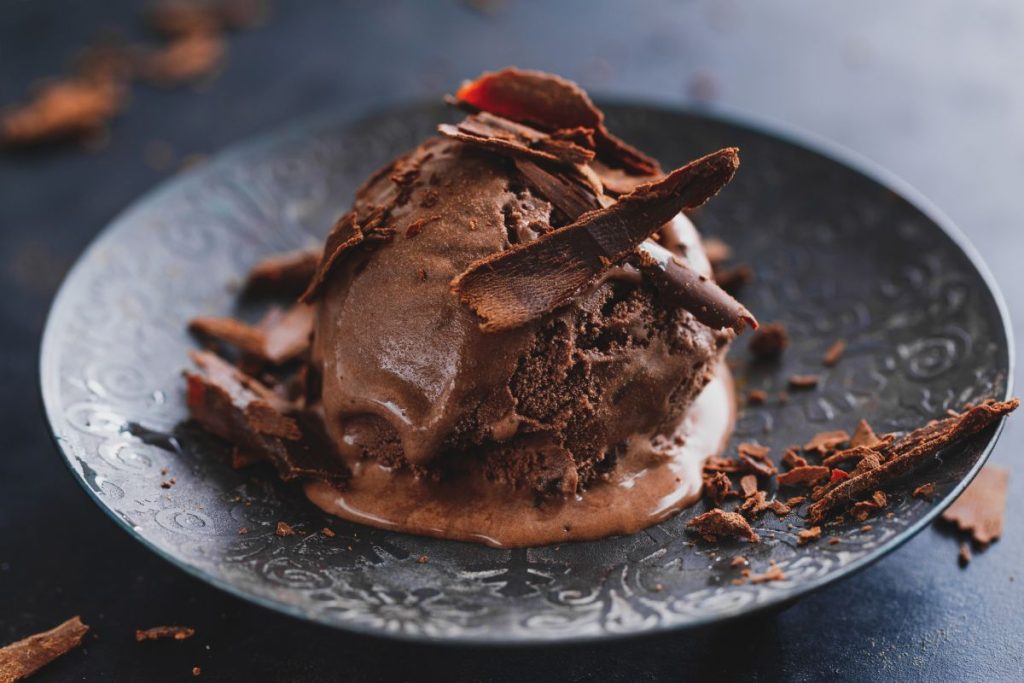
- Chocolate
Chocolate is perhaps the most well-known food that’s dangerous for pets. It contains theobromine and caffeine, both of which can be toxic to dogs and cats. Dark chocolate and cocoa powder have higher levels of these substances and should be avoided at all costs. Ingesting chocolate can lead to symptoms like vomiting, diarrhoea, seizures, and even death.
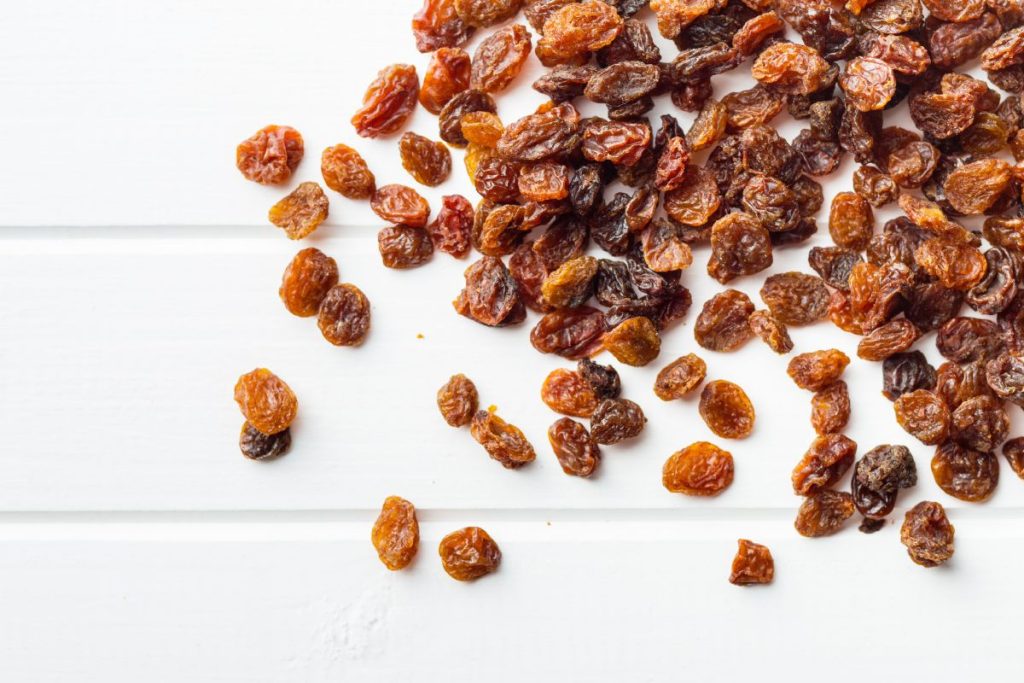
- Grapes and Raisins
Grapes and raisins may seem like healthy snacks for humans, but they can be deadly for dogs and cats. Even in small amounts, these fruits can cause kidney failure in pets. Symptoms include lethargy, vomiting, and a loss of appetite.
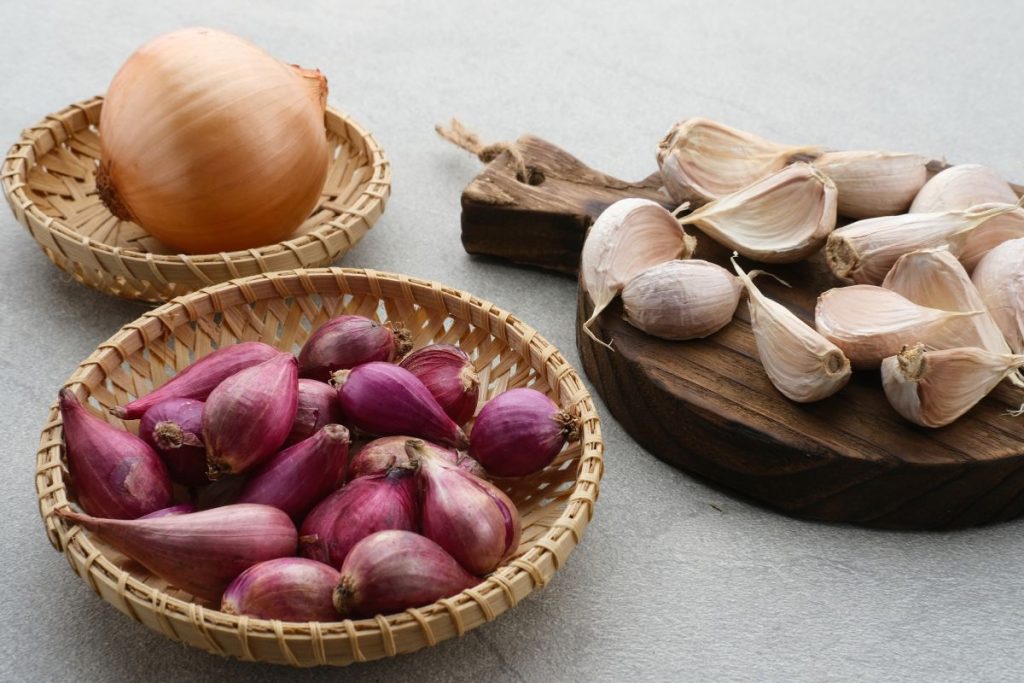
- Onions and Garlic
Onions and garlic, whether raw, cooked, or in powdered form, contain compounds called thiosulfate that can damage a pet’s red blood cells and lead to anaemia. Cats are particularly sensitive to these substances. Symptoms may not appear immediately but can include weakness, vomiting, and difficulty breathing.
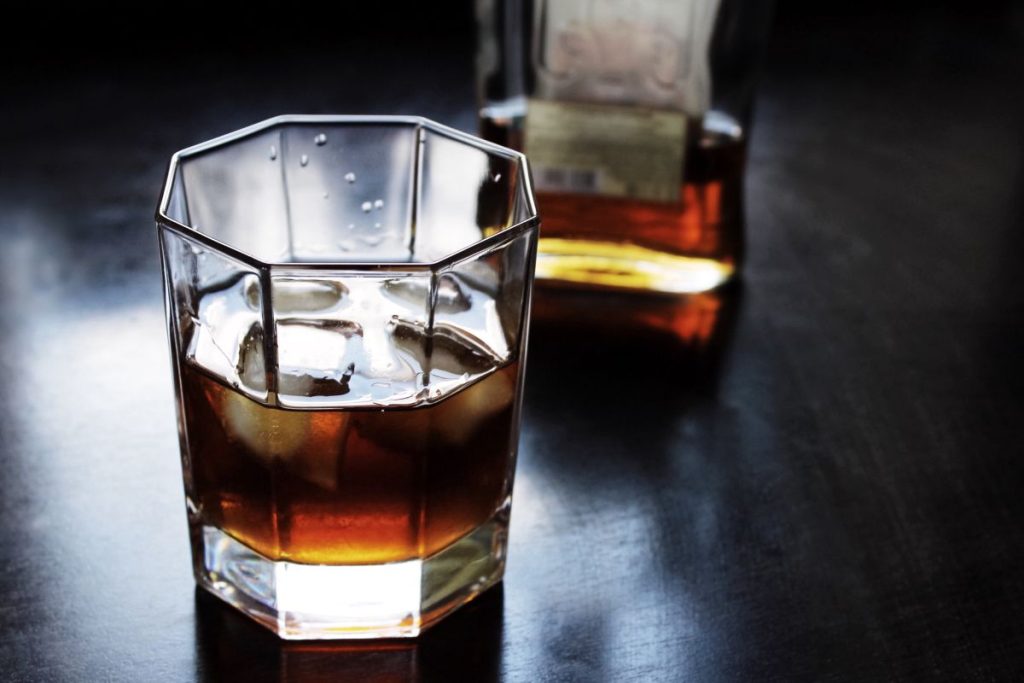
- Alcohol
Alcohol can have a more potent and rapid effect on pets than on humans. It can cause alcohol poisoning, leading to symptoms such as vomiting, diarrhoea, difficulty breathing, and even coma. Never leave alcoholic beverages where your pets can access them.
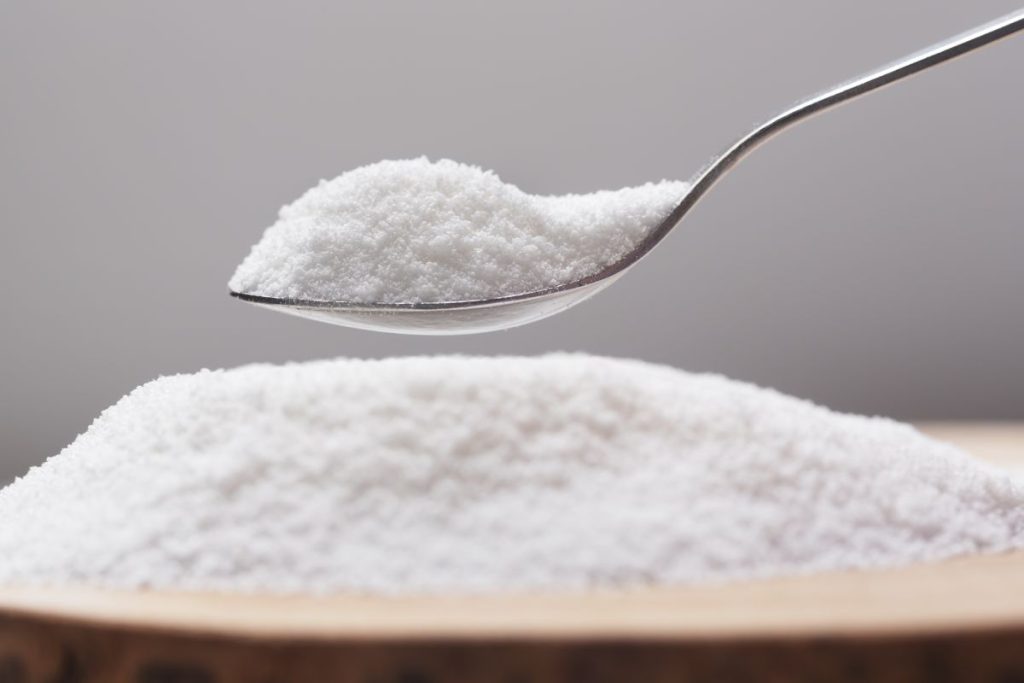
- Xylitol
Xylitol is a sugar substitute often used in sugar-free gum, candy, and some peanut butter brands. It can lead to a rapid release of insulin in dogs, causing their blood sugar to drop to dangerous levels. This can result in seizures and even death.
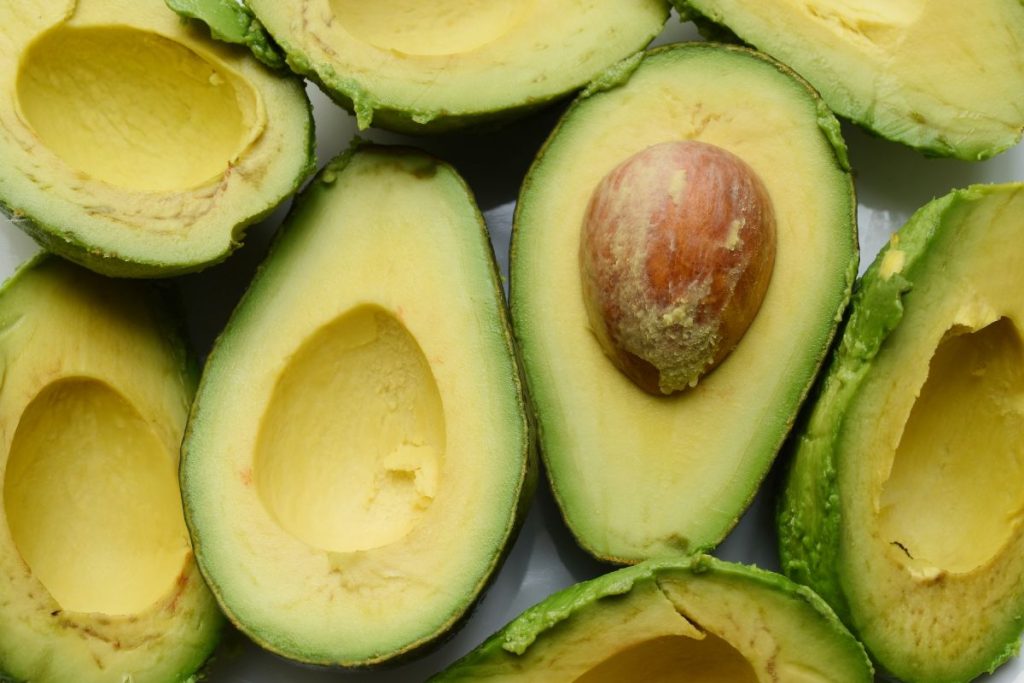
- Avocado
Avocado contains a substance called persin, which is toxic to many animals, including dogs and cats. While the flesh itself is not as toxic as the pit and skin, it’s best to avoid feeding avocados to your pets altogether. Ingesting persin can cause stomach upset, breathing difficulties, and in severe cases, heart damage.
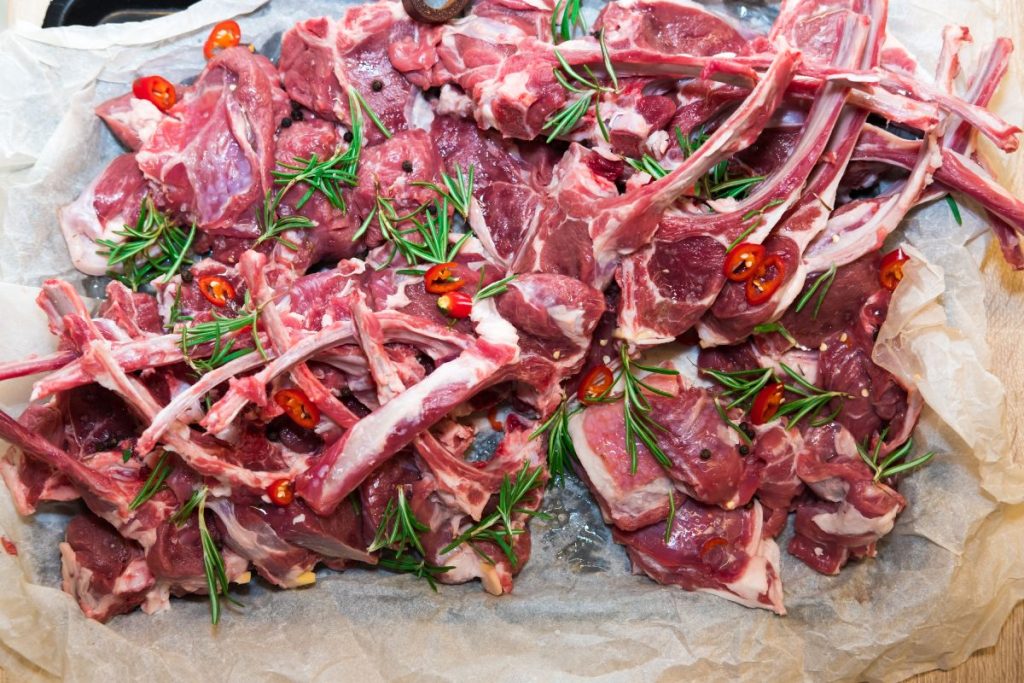
- Bones
Contrary to popular belief, giving your dog a bone can be dangerous. Cooked bones can splinter and cause choking, gastrointestinal blockages, or damage to the digestive tract. It’s safer to provide specially designed pet-safe bones or treats.
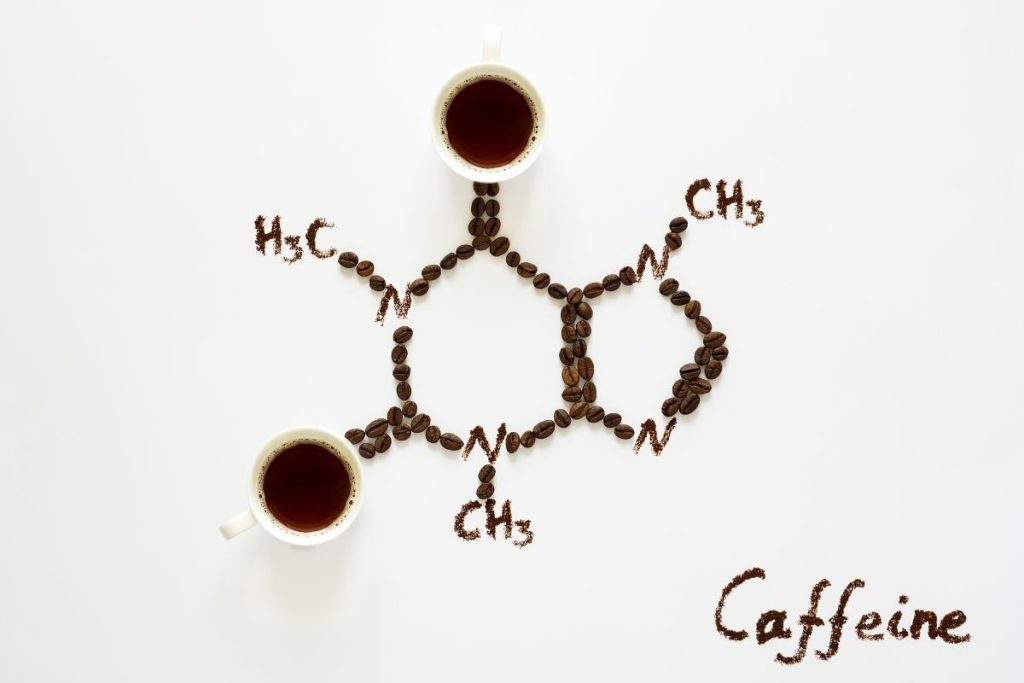
- Caffeine
Caffeine is present in various products, such as coffee, tea, and energy drinks. Just like chocolate, caffeine can be toxic to pets. It can lead to restlessness, rapid breathing, heart palpitations, and, in severe cases, seizures.
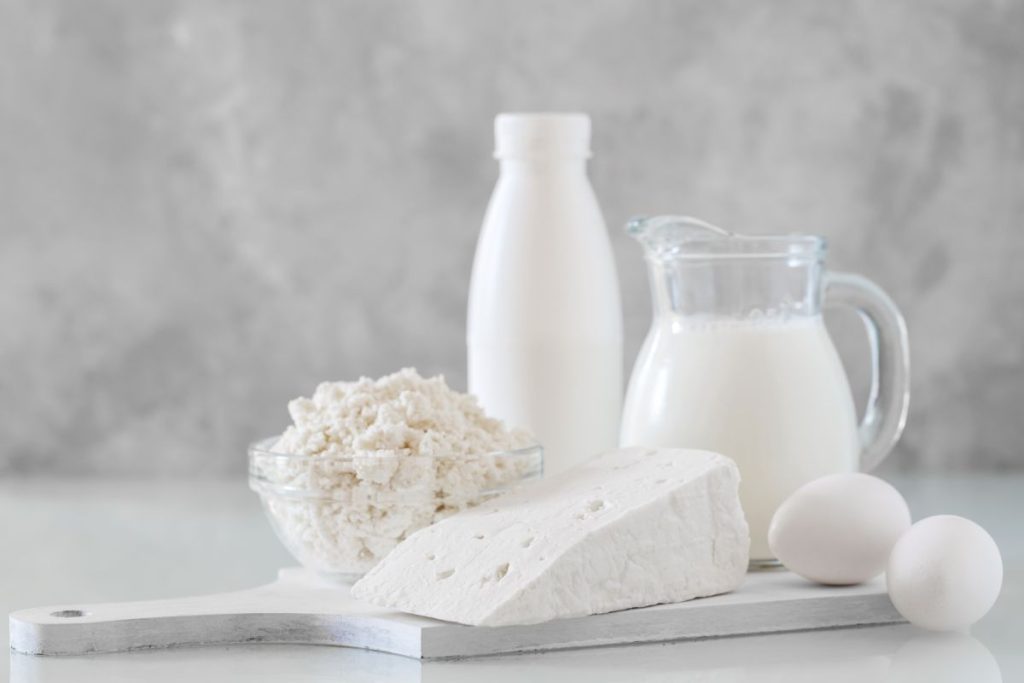
- Dairy Products
Many dogs and cats are lactose intolerant, which means they lack the enzyme needed to digest lactose, the sugar found in milk and dairy products. Feeding them dairy can result in stomach upset, diarrhoea, and gas. It’s best to opt for lactose-free alternatives if you want to treat your pet.
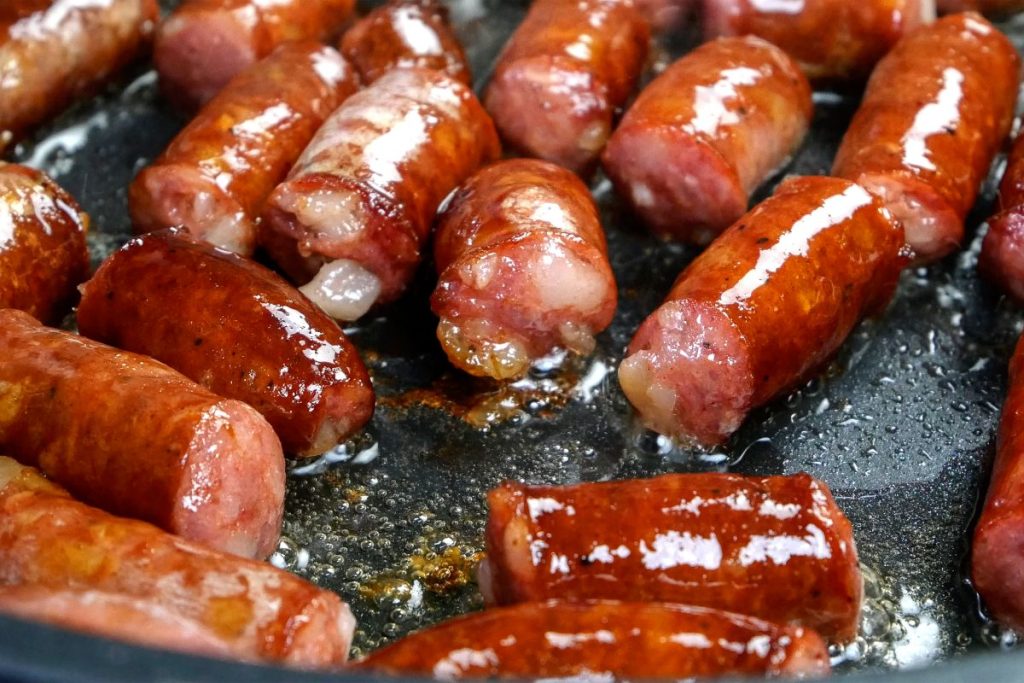
- Fatty Foods
Fatty foods like bacon, fried chicken, and greasy snacks can lead to pancreatitis in pets. This condition is painful and can be life-threatening. Symptoms include vomiting, diarrhoea, and abdominal pain.
Conclusion
While it’s natural to want to share your food with your pets, it’s crucial to be aware of what can harm them. Avoiding these 10 foods that are considered a big no-no for dogs and cats is a simple yet essential step in ensuring the health and well-being of your furry companions.
If you suspect your pet has ingested any toxic food, contact your veterinarian immediately for guidance and treatment. Remember, a healthy diet tailored to their specific needs is the best way to show your pets how much you care for them.
Last modified: August 25, 2023
[mc4wp_form id="5485"]
